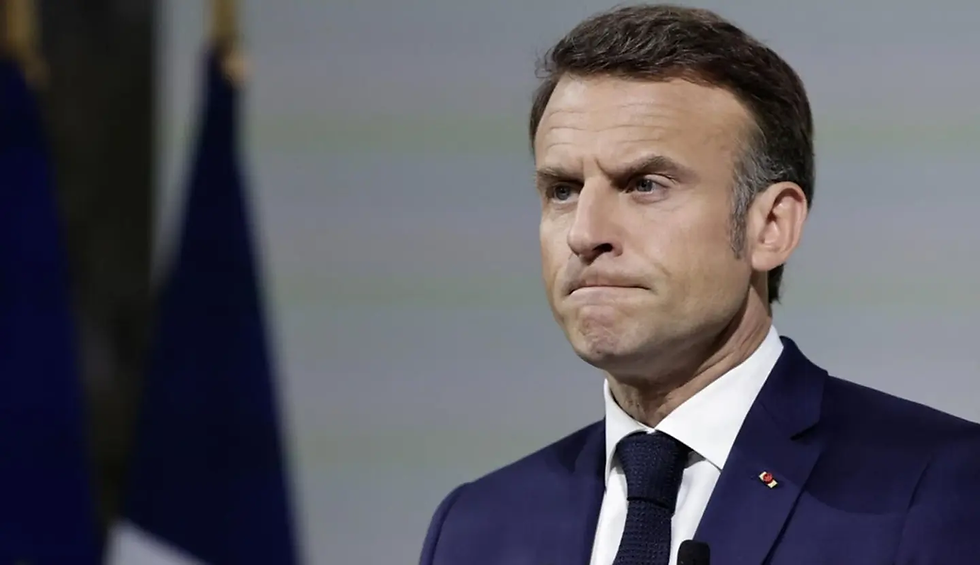Countering pressure from China and Russia: Europe's first rare-earth magnet factory opens in Estonia
- Open Media Ukraine

- Oct 14, 2025
- 2 min read

In an attempt to protect the critical minerals industry, a factory located deep in Estonia offers products to automotive and environmentally friendly industry customers. UNN writes with reference to Politico.
Details
On the outskirts of Europe, in Estonia, relatively close to the borders with the Russian Federation, a new magnet factory owned by Neo Performance Materials has started operating.
"The future of Europe's competitiveness is already here," Estonian Prime Minister Kristen Michal said at the factory's opening last month.
The enterprise is expected to be able to produce magnets for 1 million electric vehicles and 1,000 generators for wind energy annually. This is a rather important detail: the corresponding magnets make electrical systems more efficient, and the demand for them is currently growing rapidly.
It is believed that the project can be an effective asset in matters of dependence on important minerals, countering the pressure of the PRC, and also an eloquent response to the aggression of the Russian Federation. By the way, on the very day of the factory's opening ceremony, Russian military aircraft invaded Estonian airspace.
So it is known that the factory is managed by Neo, Estonia and the province around Narva consider it vital for their future. From the EU side, there is quite active attention: the head of the European Commission, Ursula von der Leyen, even brought a magnet made in Narva to the G7 summit in Canada in June 2025.
Reference
Magnets are made from rare earth elements — metals, the extraction and processing of which are concentrated mainly in China. Previously, there was no industrial production in Europe. But now there is a factory, and moreover, it is located near the Russian border.
East of the factory, on each bank of the Narva River, which forms the EU and NATO border with Russia, there is a fortress.
- Politico reports.
Recall
The US and China are fighting over rare earth metals, which affects economic stability.
Estonia will completely stop importing Russian natural gas, including liquefied gas, from next year, according to a government decision of September 18.
Нагадаємо: Київ не має наміру «віддавати» свої копалини, а пропонує взаємовигідне партнерство, — Зеленський.














Comments